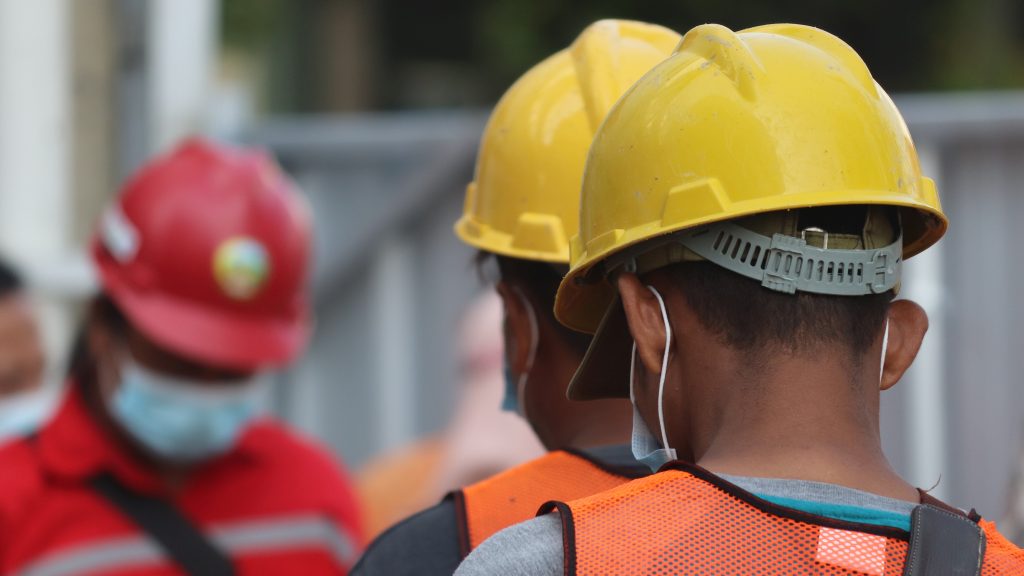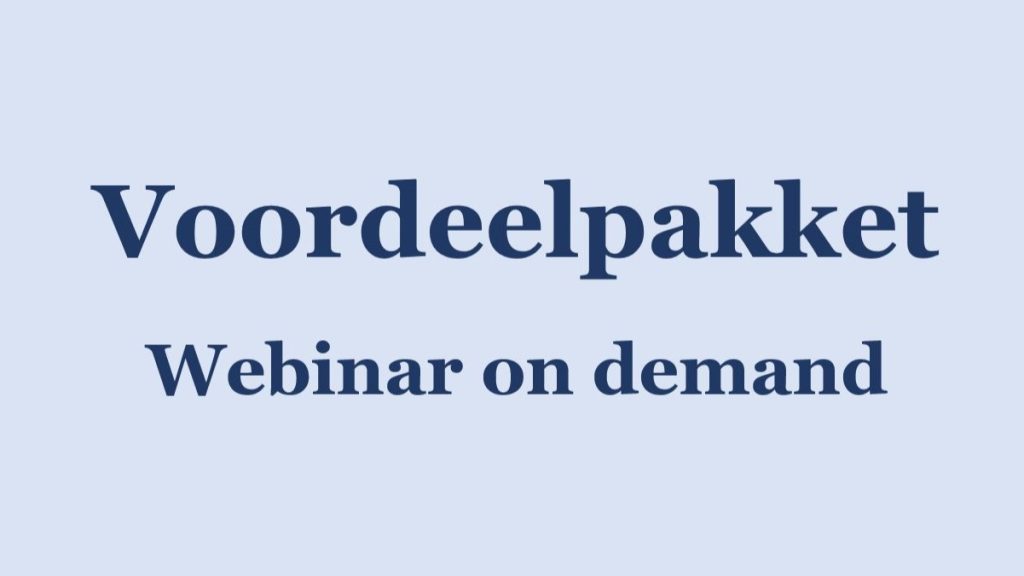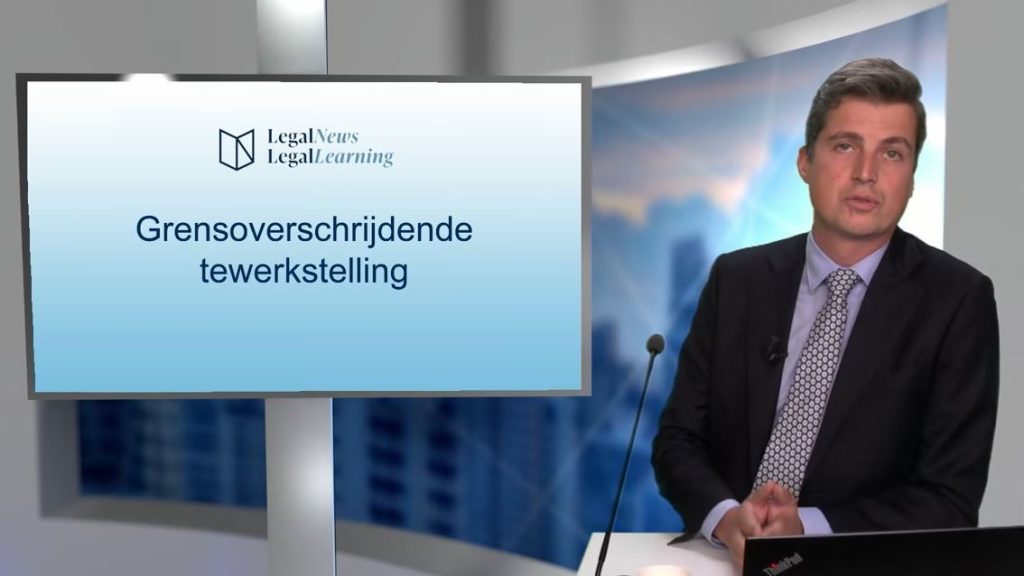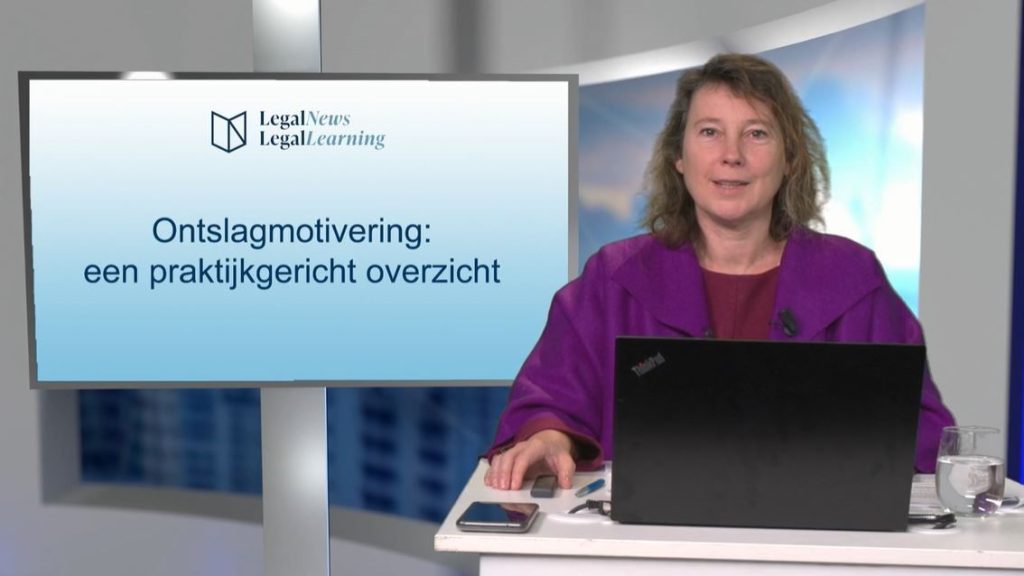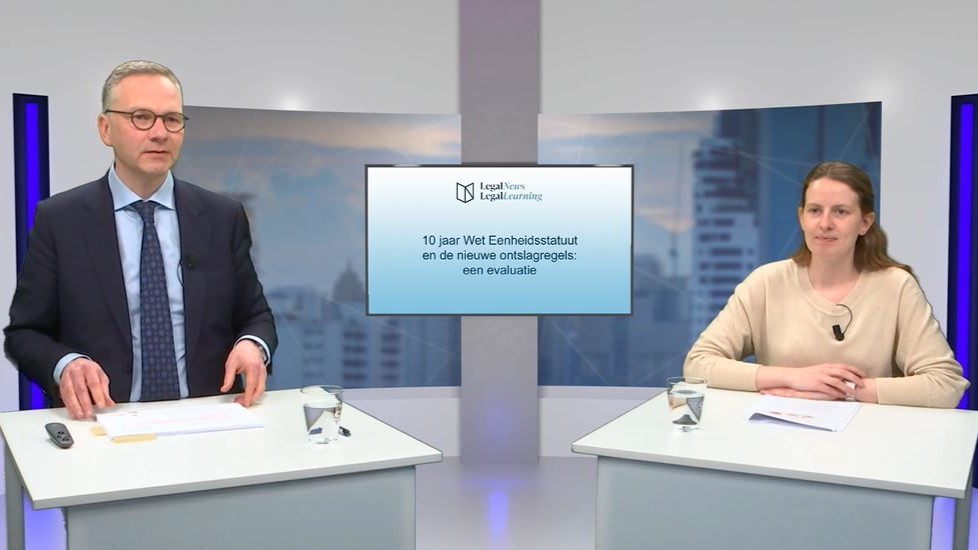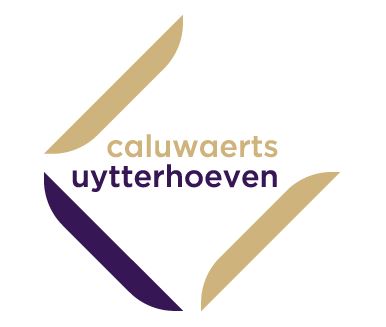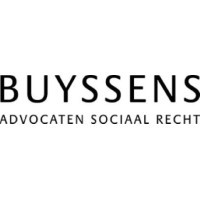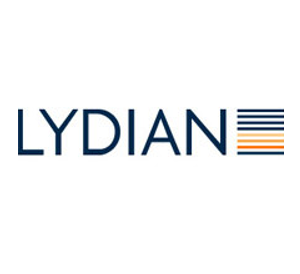Vakantiedagen en het arbeidsrecht
Mr. Kato Aerts en mr. Sarah Witvrouw (Lydian)
Webinar op dinsdag 11 juni 2024
Tewerkstelling van buitenlandse werknemers:
nakende ingrijpende wijzigingen
Mr. Sophie Maes en mr. Simon Albers (Claeys & Engels)
Webinar op donderdag 25 april 2024
Het nieuwe Boek 6:
de impact op de werkvloer
Mr. Chris Persyn (Cautius)
Webinar op donderdag 4 juli 2024
Intellectuele eigendomsrechten in de onderneming:
wie is eigenaar van door werknemers en dienstverleners ontwikkelde creaties?
Dr. Nele Somers (ARTES) en mr. Veerle Scheys (Mploy)
Webinar op dinsdag 23 april 2024
HR-aspecten bij M&A transacties
Mr. Nele Van Kerrebroeck (Linklaters)
Webinar op donderdag 16 mei 2024
The flu, the common cold and even burn-outs: What salary and benefits is your employee entitled to? (PwC Legal)
Author: PwC Legal
Publication date: 09/10/2019
Now that summer has passed, days are getting colder and darker and the common cold and flu season is back, employers see themselves faced with a larger number of employees becoming sick. What happens when an employee is not yet fit to return to work after a few days, or -worse- it appears that what initially looked like a simple cold turned into a long-term sickness or even a burn-out?
In this article, we will give you an overview of what your employee is entitled to during the period of guaranteed salary and after this first period of sickness.
The first 30 days of incapacity for work
In principle, employees are not entitled to salary for periods during which their employment contract is suspended. In the event of incapacity for work, however, employees are entitled to a guaranteed salary during the first 30 days of incapacity for work; as can be read in one of our previous newsletters, both blue-collar workers and white-collar workers who are suffering from a non-occupational illness are in principle entitled to a guaranteed income during the first 30 days of their inability to work – which includes the benefits that they receive on the basis of their employment contract.
An exception exists, however, for certain benefits during this first period of illness. For example luncheon vouchers can only be exempted from social security contributions if they are granted to employees for actual days of work. Consequently, the tax-friendly attribution of luncheon vouchers will not apply when the vouchers are provided to employees for days of inactivity. Logically, documents that regulate the granting of such benefits (collective bargaining agreements or individual employment agreements) generally only provide for the distribution of luncheon vouchers for days of actual performance.
The same applies to certain flat-rate expense allowances. Costs proper to the employer, for example, can be reimbursed free from social security contributions if the company can produce evidence to support the nature of such costs, the fact that the employee actually incurs such costs, and the relevant amounts. If an employee is absent due to illness and the company cannot properly explain why the payment of the lump-sum allowances to the employee is continued without a prorated calculation for the days of absence, those reimbursements can be reclassified to salary, on which social security contributions are due.
As far as working tools, such as a cell phone and a laptop or a company car, are concerned, a distinction needs to be made depending on whether or not these tools may also be used for private purposes. This is because, where private use is allowed, the latter constitutes for the employee a benefit that he will need to be able to keep during the period that is covered by the guaranteed salary. Of course, logically, such benefit should be reflected in the payroll such that a benefit in kind is included for the calculation of social security contributions and withholding taxes. Conversely, where no benefit in kind is applied, one can conclude that private use is excluded and so the employer is legally entitled to reclaim the working tool from the employee during his absence, in theory as from day one of absence. In practice, of course, employers will do so only rarely.
Long-term absence
After the period during which the employee is entitled to a guaranteed salary, the employee will in principle no longer be entitled to his (regular) salary. However, at that time, the employee may become eligible for a replacement income paid by his health insurance fund (“Mutuelle”/“Mutualiteit”). Extra legal insurances that provide for a replacement income on top of the amount paid by the health insurance fund in case of long-term illness may also exist within the company. Unless a different arrangement is in place, the employer has thus the right to stop granting or withdraw all elements of the salary, including all benefits, in the absence of any performance by the employee.
Some exceptions may, however, exist, meaning that the employer will still have to pay the employee certain amounts of salary. This can be the case for the year-end premium. It is indeed possible that, under the collective labour agreement concluded within the competent joint industrial (sub)committee, periods of incapacity for work are considered equivalent to periods of actual performance of work (under certain conditions and within certain time limits).
After the period of guaranteed salary and unless different arrangements have been made in for example the company’s policies, an employer has the right to order the employee to also return the company tools that may (also) be used for private purposes (company car, mobile phone, laptop, iPad, etc.). As indicated above, company tools that the employee is not allowed to use for private purposes could already have been asked back by the employer as from the first day of the employee’s absence. In order to avoid any disputes with employees in this respect, it is thus strongly advisable to check your policies and ensure that the consequences of (long-term) illness on the granting of such company tools are set down in clear terms.
Relapse
When, after a period of prolonged absence and having returned to work, an employee is absent again due to illness, the question arises whether or not this employee will again be eligible to receive a guaranteed salary from the employer, or if he will directly receive a replacement income paid by the health insurance fund (“Mutuelle”/“Mutualiteit”).
The guaranteed salary is not payable again where another period of incapacity occurs within 14 days following the first period of incapacity, if the first period gave rise to the payment of a guaranteed salary, unless:
- the employee’s right to a guaranteed salary has not yet been exhausted; or
- the employee is able to prove, by means of a medical certificate, that the new period of incapacity for work is caused by a different illness or accident.
For example, if after an employee had to stay home due to a burn-out for which he received a guaranteed salary for the full period of 30 days, this employee becomes unable to work due to a burn-out after returning to work for only 5 days, he will in principle not be entitled to a guaranteed salary during this new period of incapacity for work, since this new period is caused by the same illness and his right to a guaranteed salary has already been exhausted during the first period of incapacity for work. If, however, the same employee is involved in an accident after returning to work for the same 5 days, he will in principle be entitled to a guaranteed salary, provided he can present the appropriate medical certificate(s).
Impact on annual holiday entitlements
For the calculation of the duration of the annual holiday entitlements, days of incapacity for work are assimilated with days of normal actual work. The duration of the assimilation is limited to the first 12 months of incapacity. Any new incapacity for work that occurs after a work resumption for less than 14 days is considered a continuation of the previous incapacity.
Key takeaways:
- In the event of incapacity for work, employees are entitled to their guaranteed salary, including benefits in kind, during the first 30 days of incapacity to work. Some specific exceptions exist, however.
- After the period during which the employee is entitled to a guaranteed salary, the employee will in principle no longer be entitled to his (regular) salary and benefits. However, it is important to check the policies for each benefit granted in your company and clearly set down the consequences of (long-term) illness on the granting of that benefit in order to avoid any disputes in this respect.
» Bekijk alle artikels: Arbeid & Sociale zekerheid



